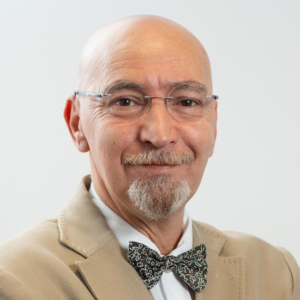
By Paulo Finuras, Ph.D.
The values associated with individual affirmation or group membership explain the preference for each emotion as an inhibitor of immoral behavior – something that every educator dealing with culturally diverse groups must take into account.
Human societies have developed two adaptive mechanisms that, cohabiting, serve to regulate individual behaviours and impose an idea of collective morality. We call them ‘shame’ and ‘guilt’.
These mechanisms express the differences in the prevalence of more or less ‘individualistic’ cultural values – considering national culture as proposed by Geert Hofstede, that is, a collective mental software that characterizes a group or category of people and differentiates it from another group or category.
Hence, so-called ‘collectivist’ cultures tend to impose morals on society resorting mainly to shame, whereas at the other end of the spectrum, where the more ‘individualistic’ mental software cultures reside, these tend to use mostly guilt. In fact, employing the word ‘shame’ and its derivatives like ‘ashamed’, ‘shamelesss’ or ‘shameful’ as accusations is recurrent in collectivist mental software cultures. And why?
Because ‘shame’ is associated with concern about the external judgment made by the group (‘how others see me’), while ‘guilt’ is essentially related with an internal judgment – the one made by the individual himself (‘how I see myself’).
Thus, while ‘shame’ implicates others (the group with which the individual identifies or belongs to), ‘guilt’ only concerns the individual himself.
When those who hold power in a society do something that despite being legal is still immoral (as it so often happens) and do not feel the least bit guilty, the collective pressure of shame may be the last resort.
And sometimes it works.
Paulo Finuras is the facilitator of the “Leveraging Cultural Diversity in the Classroom” programme offered by Veritas International Training Center.
He is an Associate Partner and Accredited Lecturer Hofstede Insights, Associate Professor at ISG – Lisbon Economics & Business School, and a consultant and researcher in the fields of Evolutionary Psychology and Intercultural Relationships.
This article was originally published in Portuguese in LinkedIn on 20 January 2021.
